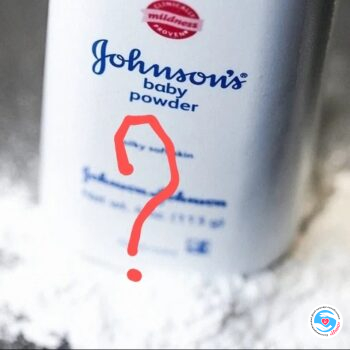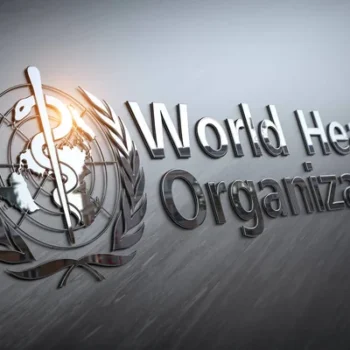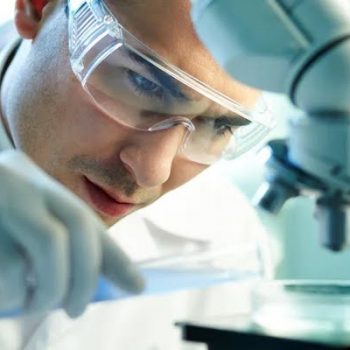
The staff of the Inna Foundation is trying to convey to its readers the truth about different types of cancer, the nature of cancer, its manifestations, methods of treatment and measures to prevent this terrible disease! And always, offering an analysis of scientific articles from various specialized medical sources, we provide references to research material. For example, in the section “Nutrition and cancer” under the heading “The desire to live.” And this is important! After all, as it turns out, more than 30% of information about cancer on social networks contains harmful information.
According to experts from the University of Utah (Salt Lake City, USA), studying information about oncology on social networks, a third of the most popular articles about cancer on social networks contain misinformation, and most of these articles are harmful information! The results of the study are published on the website of the National Cancer Institute and on the medical portal MedicalNewsToday.
The researchers used a special program to scan web pages to collect the 50 most popular articles in English for each of the four most common cancers: breast, prostate, colon and lung. They included articles and blog posts published on Facebook, Reddit, Twitter and Pinterest between January 2018 and December 2019. Of the 200 articles collected by the software, 75 came from traditional news agencies, 83 came from digital outlets, 2 came from personal blogs, 6 came from crowdfunding sites, and 34 from medical journals. The researchers then used the Wilcoxon test (a nonparametric statistical test used to check the differences between two samples of paired or independent measurements for any quantitative trait) to determine the percentage of misinformation of these articles and their relationship to the number of interactions on social media. The researchers selected two members of the National Integrated Cancer Network commission to evaluate articles for misinformation and harmful information.
After conducting a statistical analysis of the data, experts found that 32.5% of articles contain misinformation. These are basically the wrong names of something, the misuse of evidence and unproven treatments. They also found that 30.5% of articles contained malicious information. These articles mainly encouraged people to postpone or not seek medical care, pay for expensive treatments, self-medicate with potentially toxic substances, or use alternative treatments that may interact adversely with other treatments. Scientists have found that articles with malicious information received an average of 2,300 reposts, and safe articles – 1,500 reposts. Most misinformation was found in interactions on Facebook, Reddit and Twitter.
Lead author Skylar Johnson, an associate professor of radiation oncology at the Huntsman Cancer Institute at the University of Utah, explained: “These data show that many articles on social media contain misinformation and harm. This type of information is more active on the Internet than factual and secure information.”
Therefore, always check news reports. Especially when it comes to ways to treat cancer, its symptoms and ways to prevent such diseases. Your life depends on it! Or read sources that are guaranteed to provide verified information. For example, the site of the Inna Foundation!












